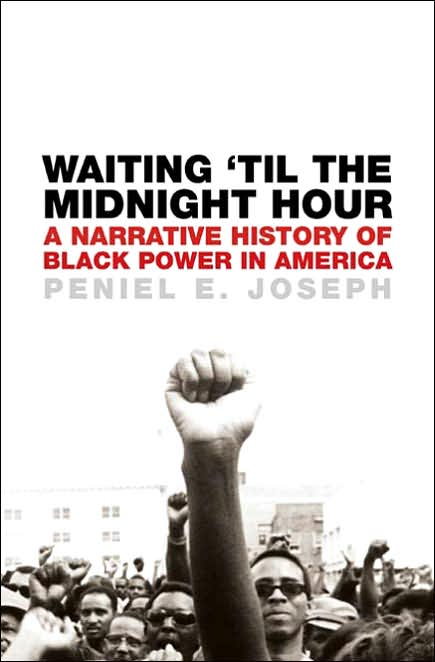
This audio book was obtained from the Alachua County Library, and was on 10 CDs.
First, I was surprised that this was not a novel. I hadn't really paid attention when I picked it up, and I was almost done with the first disc when I just had to check. No, this is the true story of how easy it was for several men to get convicted of serious crimes, even getting the death penalty, without being guilty. If you don't believe that anyone really gets convicted who is not guilty, this will disturb your little world. If you are in favor of the death penalty, it might bother you, but only if you cannot disconnect your emotions from your ability to reason.
This is primarily the story of
Ron Williamson, a local sports hero who descended into drugs, alcohol, and metal illness after failing to advance his baseball career. This made him an easy target for a maniacally aggressive prosecutor in a small town when a local girl is murdered in her apartment. There was no evidence placing Williamson at the scene, and a much better suspect was completely overlooked, but it seemed that the police and DA went after him for no other reason than their disdain for him.
Williamson was eventually cleared, narrowly missing execution, and won a huge lawsuit for wrongful prosecution. There is not much heroic about Ron Williamson. He is too pathetic to be a hero, but the villainy of the local law enforcement in Ada, Oklahoma is so disturbing that it is little surprise that someone eventually had to speak out about it. Do NOT visit this town or get pulled over for anything there!
4 stars of pure moral outrage.
 This audio book was 8 hours and 18 minutes long, and was narrated by the lecturer, George O'Brien. It is part of the Great Scholars series that features renowned professors teaching their specialty. It was obtained for free from NetLibrary.com.
This audio book was 8 hours and 18 minutes long, and was narrated by the lecturer, George O'Brien. It is part of the Great Scholars series that features renowned professors teaching their specialty. It was obtained for free from NetLibrary.com.








